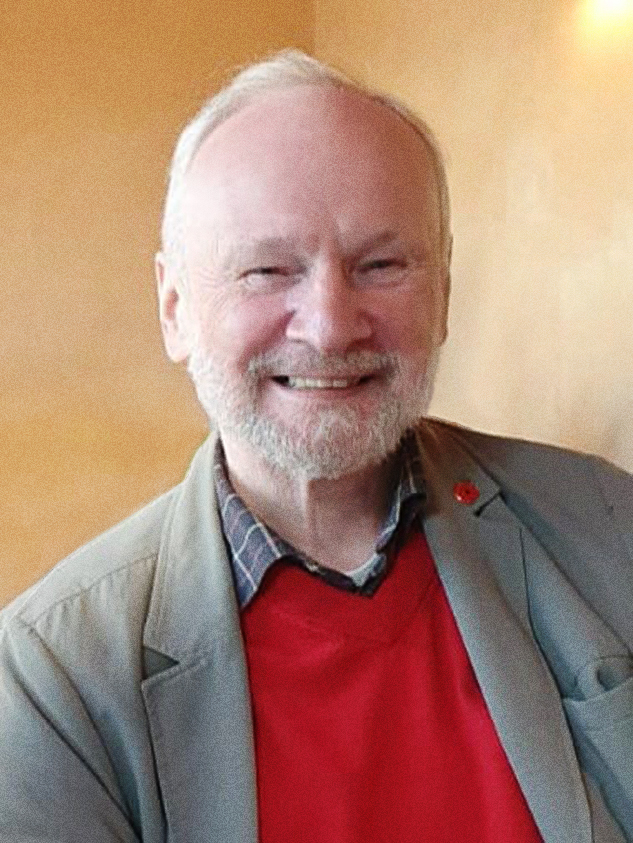How do you feel about our history? Was it all dark? I think some of it was. But then again, I think we do tend to put on dark glasses these days. To me, we do that since the Great War, 1914-18. We lost our joy in Flanders mud. We don’t seem to have recovered it either. If anything, the developing fashion seems to be to see our history as having been shaped by one bad seed after another.
I suppose you could also sum up a modern cultural understanding of our history as follows: “History was shaped by the sword”. Hmmm … a bit one-eyed that, I think. And cynical. History was shaped by values. Not all of them were bad. Some were good.
Within the real world early history that is in “The Mustard Seed” there was plenty of darkness and sword. But if we open only the one eye to that, and apply it through a lens of fashionable cynical values – i.e. (i), that we’re all from blind process, added to (ii), that we’re all out for ourselves – it is not especially good for our collective mental health.
Therefore, in “The Mustard Seed” I have opened a second eye. Not a fashionable one. One that got closed up in the mud of Flanders fields. The Christian one.
If you open that second eye, and permit yourself to see through it, the history of our earliest times that emerges was many times more glorious than fashionable cynicism would allow. It was noble. It was phenomenal. It was light in the darkness. Good seeds, male and female, from many cultures and ethnicities, caused our history to be much more than we imagine.
In the real world. Not in the religious world. Not in the church. In the real world.
So go on: discover that our Dark Age founding times had much more light in them than our culture has brought us up to imagine. I think it will improve our collective mental health to rediscover our most ancient good seeds. It certainly improved mine.
